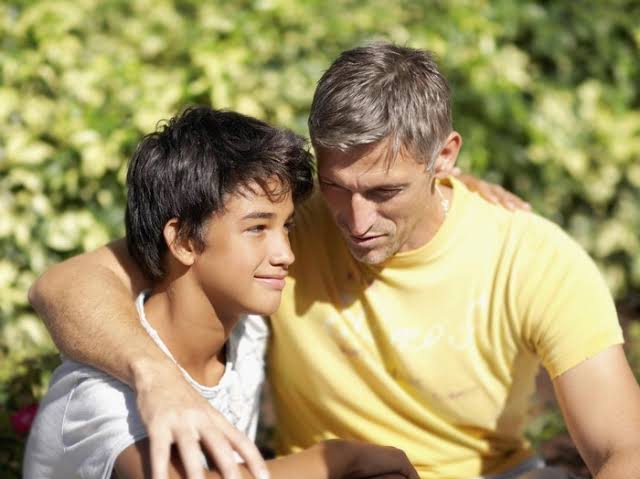Why is my child difficult to talk to? Is it a sign of Puberty?

Parents, have your pre-teen children ever said that they are embarrassed if they are still being taken on a trip? Or even no longer want to be hugged, kissed, or shown affection by touch? Now, pay attention as this is not a sign that your children are uncomfortable, but indeed it is time for them to enter what is commonly referred to as puberty. What do you need to prepare?
Give space for children to express themselves
Children who enter pre-adolescence at the age of 9-13 years experience biological changes in their bodies. They will look for activities that can increase the production of the dopamine hormone which makes them more happy and excited. The activities they are usually looking for will definitely be physical activities such as sports, art (dance or music) or even other activities such as reading comics, novels, or playing on the computer.
At this age, our children will tend to reduce the intensity of listening to advice or prohibitions on something. Now for parents, if what our children are doing is still positive, then give them time and space to explore. Keep boundaries and watch side by side.
Don't judge when your child is telling a story
One of the things that makes it difficult for pre-teens to tell about their day is the response from us as parents. When the child tells a story, give them the opportunity to tell at length what happened that day at that time. Give a response that shows how enthusiastic you are about listening to the story such as nodding, being surprised, and asking questions that make them want to tell more. For example, when your son tells you he's sad because his grades are bad, ask him what he wants if his grades are good? Who's score is better than him? After that, give affirmation that his feelings are valid and he can still try another time to get a good grade.
Avoid giving judgments like "why are you sad like that?" which may sound like trivializing the child's feelings at the time. Remember that pre-teens have a hard time describing the emotions they're feeling, so telling stories is an accomplishment that should be appreciated.
Give space for children to hang out with their peers
Pre-adolescence is a period when the opinion of peers is the most important thing. It is important for us to remind children that negative and incorrect opinions about themselves do not need to be heard, but we also give children space to evaluate their friendships. When a child wants to go with an extracurricular friend outside of school hours, give the rule that it is permissible to go but only for 2 hours and be escorted by the parents. If clear boundaries are given and a child's time is respected, then the child will also learn that boundaries for going out with friends are important.
In addition, instill in children the concept of healthy friendship. For example, a good friend is a friend who supports them in a better direction, such as doing homework together, participating in extracurricular activities that develop their talents together, and being happy when we achieve certain things. With that, the child will learn to choose good friends for them.
So parents, parenting pre-teens is a new transitional challenge. So, are you still passionate about teaching new things to our children who will soon be moving into a new phase in their lives?
Reference
https://www.psychologytoday.com/intl/basics/parenting/parenting-teenagers
Teenagers, parenting, parenting a teenager
Children 4 Years - 6 Years / 4 Tahun - 6 Tahun / Parenting / Pola Asuh / Family / Keluarga / Why is my child difficult to talk to? Is it a sign of Puberty?
Comments













